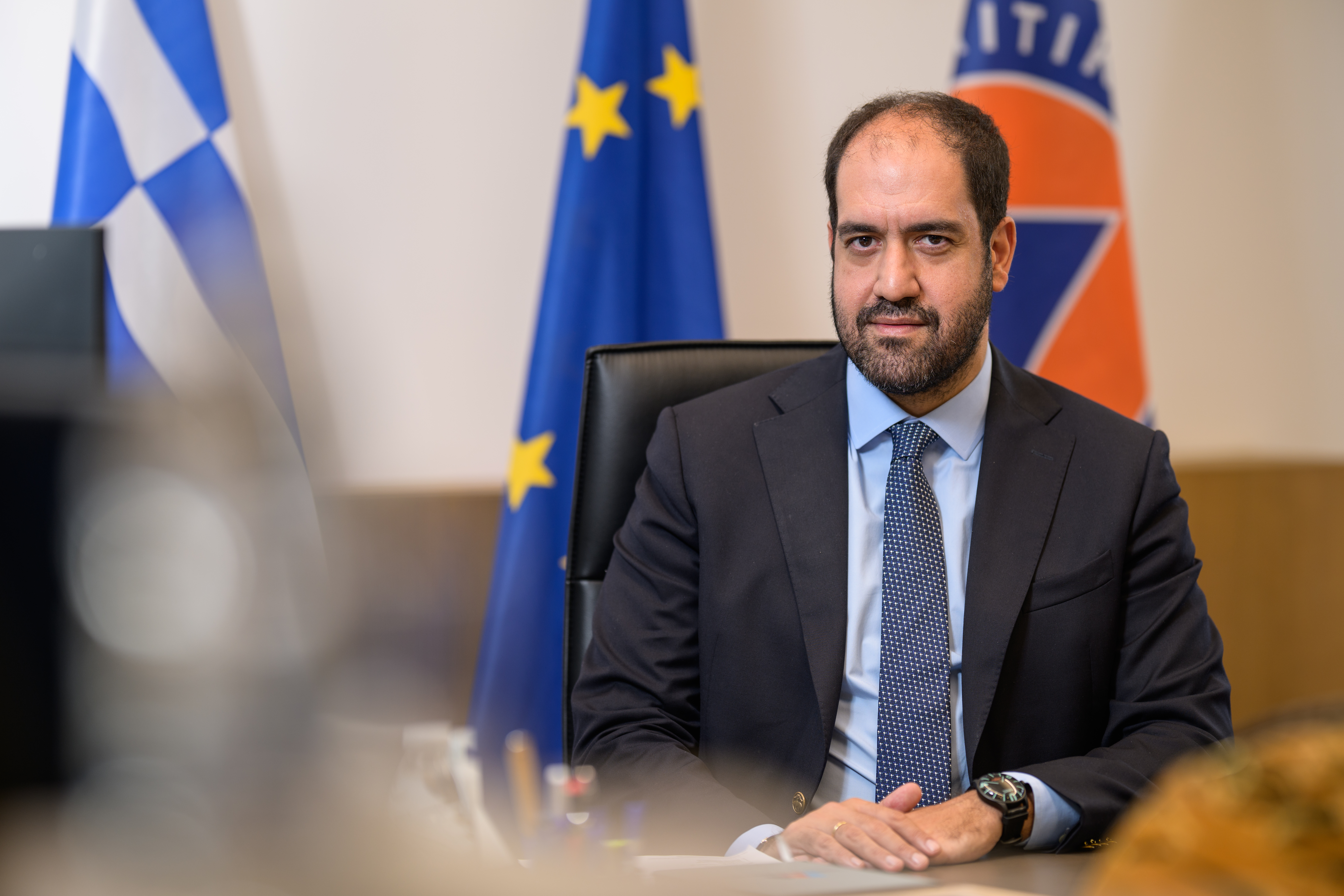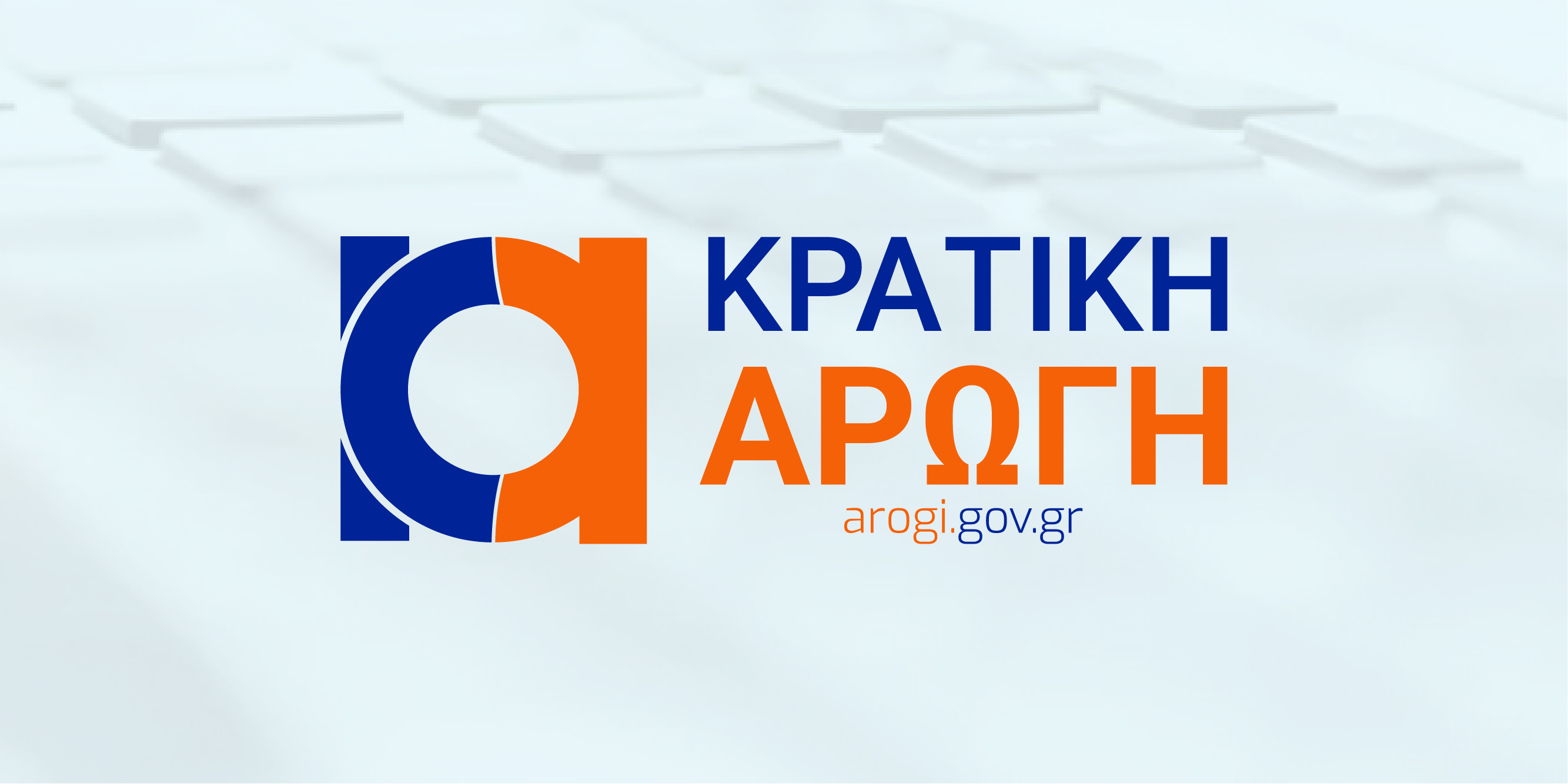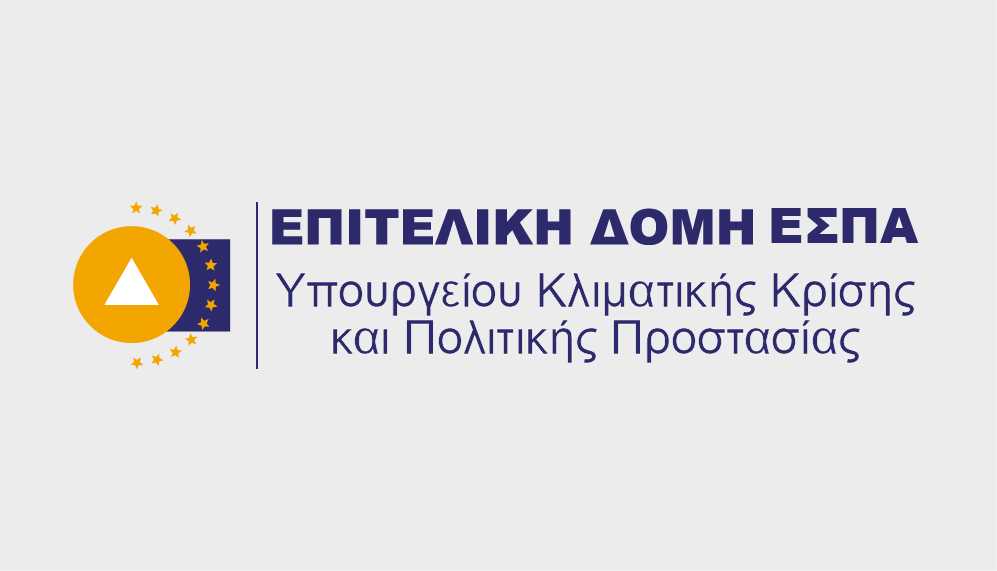Ομιλία - Άρθρο
Ομιλία Χρήστου Στυλιανίδη στο Ευρωπαϊκό Ανθρωπιστικό Φόρουμ

Στην υπουργική συνάντηση με την οποία άνοιξαν τη Δευτέρα 20 Μαρτίου 2023 οι εργασίες του Ευρωπαϊκού Ανθρωπιστικού Φόρουμ (European Humanitarian Forum) στις Βρυξέλλες μίλησε ο Υπουργός Κλιματικής Κρίσης και Πολιτικής Προστασίας Χρήστος Στυλιανίδης.
Το Ευρωπαϊκό Ανθρωπιστικό Φόρουμ διοργανώνεται από τη Γενική Διεύθυνση Πολιτικής Προστασίας και Ανθρωπιστικής Βοήθειας (DG ECHO) της Ευρωπαϊκής Επιτροπής, σε συνεργασία με τη Σουηδική Προεδρία του Συμβουλίου της ΕΕ, με στόχο την ενίσχυση της συνεργασίας στην προώθηση καινοτόμων, βιώσιμων και αποτελεσματικών προσεγγίσεων για την αντιμετώπιση των παγκόσμιων ανθρωπιστικών προκλήσεων, που ολοένα και αυξάνονται.
Ο κ. Στυλιανίδης σημείωσε κατά την τοποθέτησή του:
“Dear colleagues,
This year’s European Humanitarian Forum is taking place at a critical geopolitical juncture.
There are ongoing conflicts around the globe. The war in Ukraine, a war in Europe, continues. The humanitarian space is shrinking. And climate change, climate crisis, has become a humanitarian crisis!
As a result, humanitarian needs continue to increase dramatically.
The challenge is huge. But our European Union has a moral obligation to stay on the lead of humanitarian efforts. We cannot abandon vulnerable populations, especially children. We must remain loyal to our principle of solidarity.
The European Union is the leading global humanitarian aid power. And it must remain so.
To that end, we need to develop a solid humanitarian aid strategy and policies. It’s imperative to go beyond traditional approaches. To adopt a new emergency mentality. To strengthen our Union’s instruments, namely, the European Civil Protection Mechanism.
Business as usual is not sustainable.
This is the framework for Greece’s humanitarian aid policies. From Ukraine, Turkiye and Syria, to Afghanistan, Pakistan and the Democratic Republic of Congo to name a few.
Allow me to focus, however, on two cases:
Ukraine: It has been a high priority for the Greek government. We have offered financial and in-kind assistance. And we have contributed to international organizations such as UNICEF and UNHCR. We will continue to do so.
Turkiye and Syria: following the catastrophic earthquake we mobilized targeted humanitarian aid. Bilaterally and through the European Civil Protection Mechanism. To address the immediate needs of the victims. Especially, to establish mobile hospitals.
One of the lessons learned is that effective humanitarian aid means targeted aid.
My colleague Foreign Minister Nikos Dendias and myself visited the affected areas in Turkiye immediately after the earthquake.
Greece is committed to stand by the affected populations for as long as it’s needed.
Dear colleagues,
At a time of rapidly increasing humanitarian needs and challenges, this Forum provides a unique opportunity:
- To reaffirm our commitment to the fundamental humanitarian principles.
- To renew our determination to work together.
- To contribute to our Union’s humanitarian aid goals.
To that end, I am pleased to announce that Greece’s humanitarian aid pledge for 2023 will be around one million six hundred thousand (1,600,000) Euros.
Thank you.”






